ALL Students SHOULD Matter
“Our deepest fear is not that we are inadequate.
Our deepest fear is that we are powerful beyond measure.
It is our light, not our darkness that most frightens us.
-Marianne Williamson
Extremities. The Oxford Dictionary defines the word extremity as the furthest point or limit of something or the extreme degree or nature of something. Meaning—for example—it would be extreme for faculty members to marginalize an individual from a creative opportunity on the campus of Fitchburg State University. Or another example: it would be extreme for a faculty member to humiliate a student in front of their peers – forcing the student into isolation. And furthermore, it would be extreme for that same student to stand up to the marginalization, humiliation, and isolation of this hostile environment and say, “I’m not going to sit quietly in the darkness of abyss but will shout – in the light – the wrong that must be redeemed!” It’s all very extreme.
This week, the Communications Media Department of Fitchburg State University is presenting its Spring theater production, “Extremities”, a play directed by award-winning director and actor, Mary Vreeland about a victim taking back their power while challenging the audience to examine their own fears around prejudices.
I was approached about an idea to make a behind-the-scenes documentary on the making of the play, which tackles some important issues around sexual assault, hatred, and fear. As a sexual assault survivor, I was interested in helping other students use their voice and talent to bring to light the feelings of shame, fear, and isolation often associated with rape victims. I jumped at an opportunity to use my production company, Hull Bay Productions, to craft this story in association with the production.
What I filmed on the three occasions I was present for rehearsals, was the cast having to navigate some difficult scenes around issues of sexual violence. During one of these rehearsals, Kelly Morgan explained the importance of the actors to be able to express their comfort level at any time during the production. I felt this was important to not only establish an open communication with the actors, but to ensure that actors would feel safe and valued during this production.
On what would be the final rehearsal Hull Bay Productions filmed on March 21st, I noticed one of the student actors was not in attendance. I saw the student the following day in class, I asked about the play and was informed that the student left the play after being told she would no longer have a leading role because there were some issues with the lighting when a black actor and white actor were on the stage at the same time, so the director instructed the two white actors to play in the lead roles and the two black actors to play in the understudy roles.
It seemed to me as though the actor was being demoted to an understudy position because the lights were insufficient to light a Black actor when a white actor was on stage. This suggests that the University is allowing a system to exist where students are being marginalized, demoted, or excluded from participating in a university-funded production. It also suggests a lack of consideration for Black students – as though they don’t matter. While the University plasters photographs of smiling Black students on the University’s website, the reality in some spaces on campus is that prioritizing equitable opportunities for Black students doesn’t matter.
I shared my concerns with the directors and producers of the play, the Communications Chair, Dean, and Human Resources alerting them to the problem where an environment created by the actions of those in charge of this production were harmful and not indicative of the institution’s work to assure students are treated fairly in higher education and elsewhere. I explained my personal and professional obligation to the university to see that the leadership of this production be held responsible for fostering an environment where people have been marginalized due to skin color. It was important to me that those in charge understood that the actions, or inaction, of certain individuals seemed to suggest that Black students don’t matter.
If the Theater Department of Fitchburg State University was aware of a lighting issue and understood it to be an issue for darker skin tones; if FSU knew about the challenges of the lighting prior to the beginning of production of “Extremities” and because of the lighting challenges, certain students were unable to participate; and, if FSU did nothing to remedy the issue, the Theater Department purposely and knowingly disenfranchised a student from an opportunity to participate in a production based on skin color. The University should have required the production of Extremities to be shut down until such lighting issues were fixed.
By not doing so, the theater department’s leadership, the Communications Department, and Fitchburg State University is allowing a system that marginalizes people of color from participating in FSU productions to exist. Again, suggesting that Black students don’t matter.
I ceased production of the documentary and alerted all involved (Rachelle Dermer, Kelly Morgan, Mary Vreeland, Jeff Warmouth, Dr. Sara Levine, and Dr. William Cummings) of the reasons for not making the production:
It is with regret that I am making the decision to cease production on the documentary, “The Making of Extremities.”
A few weeks ago, I learned about an incident which resulted in an actor feeling marginalized and ultimately demoted because of the color of their skin. This actor has left the production, and another who witnessed the incident has also left the production. This incident has presented a moral dilemma for me as a filmmaker and journalist….
As the lights go up on this play through April 23, 2023, I will continue to address this issue through all my avenues to ensure that Black students will never have to endure the humiliation, marginalization, and outright systemic racial policies that have been allowed to go forth by this University and the faculty members involved.
While I never asked that the play be canceled altogether, I did ask that the play be put on pause to correct the lighting issue that the producers claimed existed. I asked that time and attention be taken to determine what happened, what needed to be rectified, and how we make this Black student whole. Void of all this was the clear message that Black students don’t matter.
Why couldn’t the University step in and halt production until it was determined what was said to this student? Why couldn’t the producers and directors be interviewed and present their facts and then decide whether discriminatory practices were indeed acted upon? And finally, why was it NOT the priority of the University to ensure that a student’s experience was seriously investigated, as seriously as the need to perform this play?
It would have taken courage to make Black students the priority in ensuring that they felt heard, understood, and whose experiences matter to a university who is striving for diversity and inclusion on its campus. It would have taken courage to step out and lead an industry, which has historically and systematically used race and power to reduce opportunities for people of color and say no more! It would have taken courage to say, ‘we will fix these lights and welcome back all students to our production!’ That lack of courage sent a message that Black students don’t matter.
And as we let our own light shine,
We unconsciously give other people permission to do the same.
As we’re liberated from our own fear,
Our presence automatically liberates others.
-Marianne Williamson
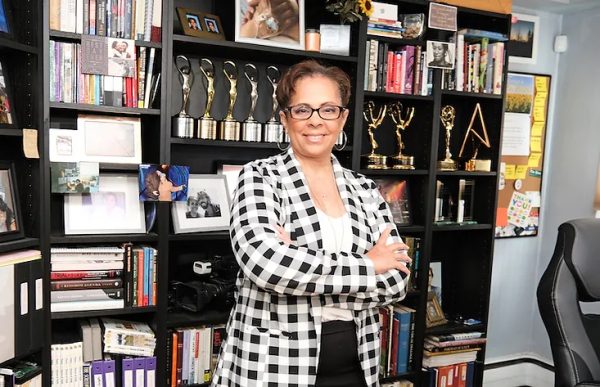
Tonia Magras is a transfer student at Fitchburg State University and the editor in chief for The Point. She is majoring in Film and Video with a Honors...


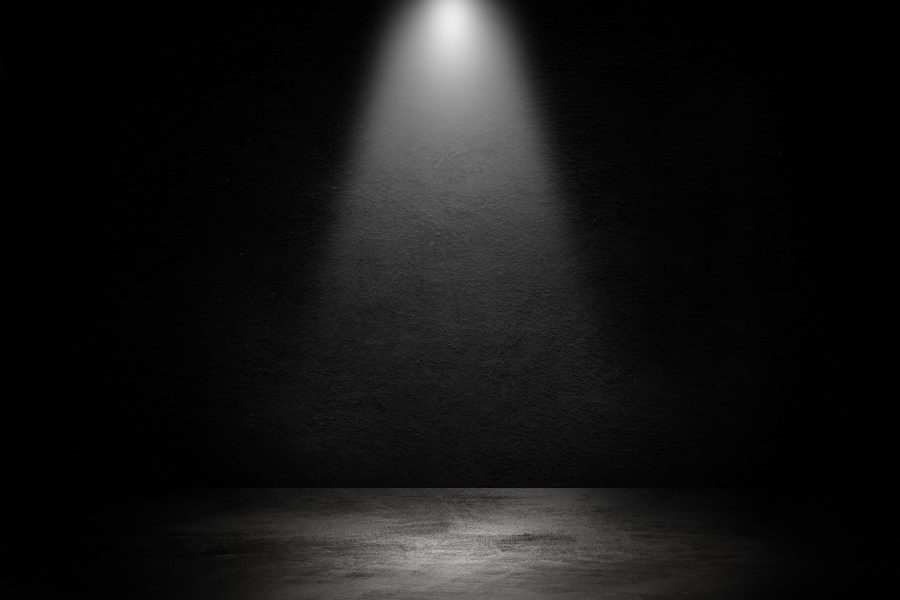

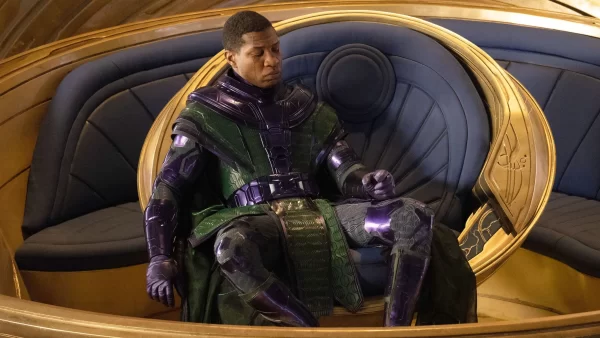
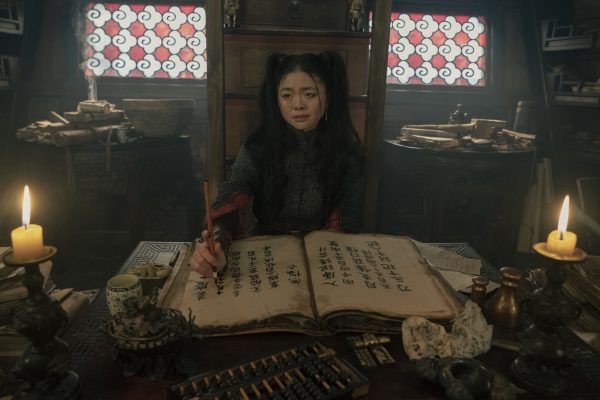
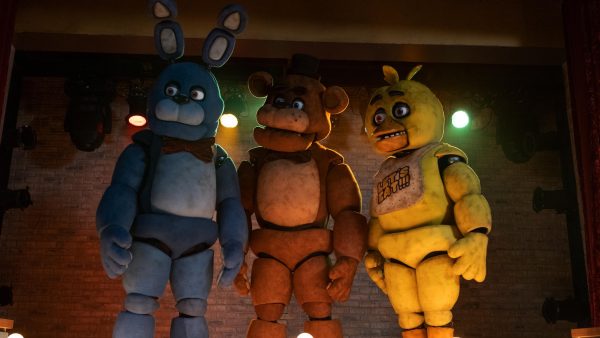

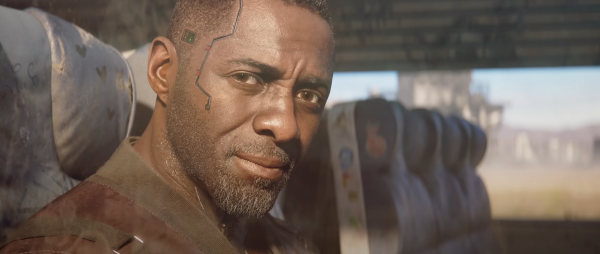
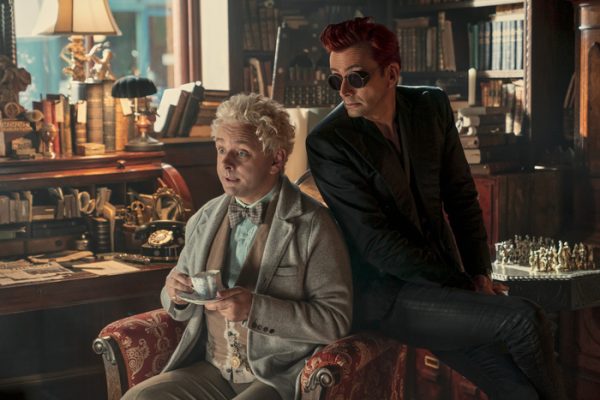

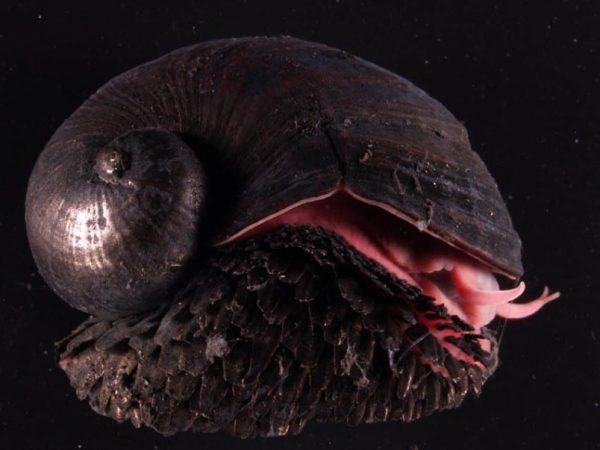

Calvin Lindsay • May 4, 2023 at 10:04 am
What a powerful piece! I am so proud that you stood-up, stood-out, and moved into the advocacy space. It’s so important that we make our institutions aware and accountable for actions taken under their name. The fact that the presentation was prioritized over the personhood of the students is beyond shameful. The university must understand that each incident, as well as each response (or non-response), sends a clear and lasting message to the broader community.
Continue to speak truth to power, continue to shine a light wherever there is darkness. A structure is built one brick at a time… and it’s dismantled the very same way!